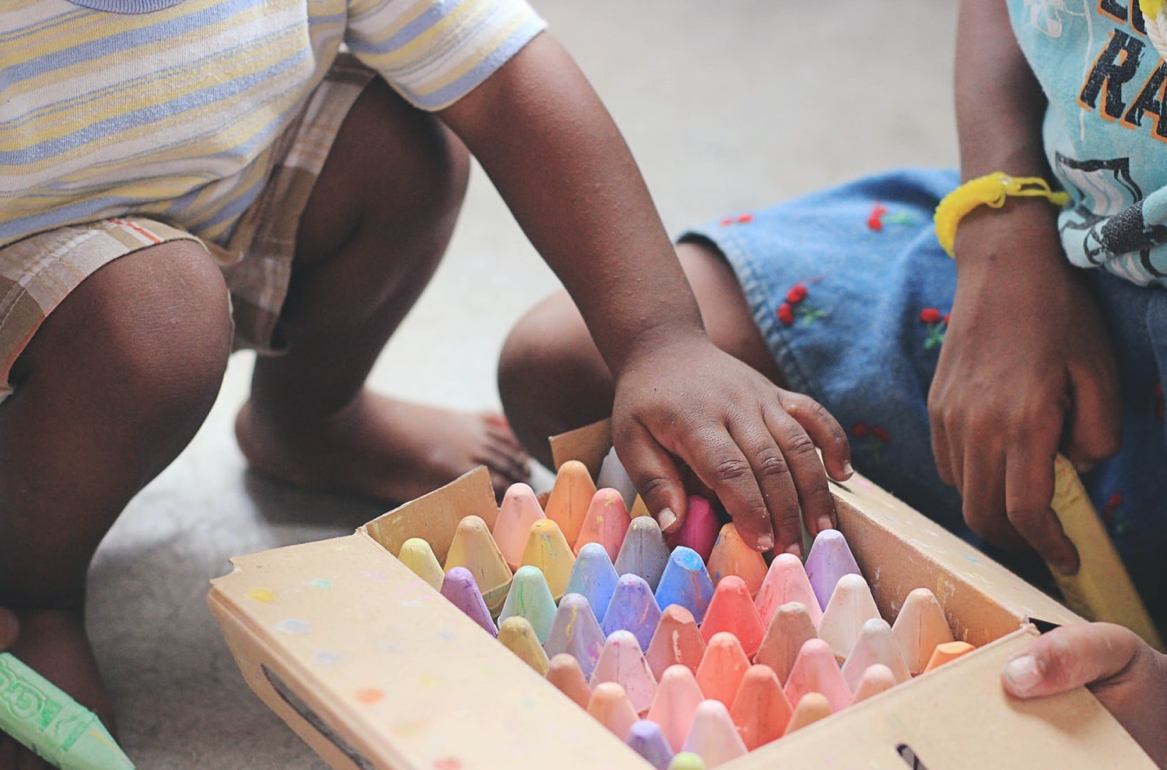Speech, language and communication skills are one of the most vital skills we develop. We use language to understand what is said to us, problem solve, communicate our desires, thoughts, feelings, ideas and build and maintain relationships.
According to The Communication Trust, “In the UK, over 1 million children and young people – that’s 2 – 3 in every UK classroom – have some form of long term and persistent speech, language and communication difficulty. This can affect them early, severely and for life”.
And this number is increasing.

What causes speech and language difficulties?
Speech, language and communication needs can occur as a result of a disability or condition e.g. Hearing Impairment, Down Syndrome, Autistic Spectrum Condition, Cerebral Palsy, Cleft Palate, Developmental Delay, genetic disorders.
However, children without an obvious cause can also present with speech, language and communication needs. For some children these difficulties resolve, whereas for others it is long term.
Speech and language skills are broken down into the following areas:
- Attention and Listening skills – the ability to maintain focus and listen during an activity, shift their attention and attend whilst working individually and in a group.
- Understanding of language – the ability to follow instructions, understand the meaning of words, infer information and respond to questions.
- Expressive Language – the ability to express wants, needs, likes and dislikes, emotions, share information and tell stories.
- Play – the ability to play appropriately with toys (e.g. pretend play, symbolic play, functional play etc.) and with others.
- Social interaction – the ability to interact with peers and adults, using appropriate conversational skills (e.g. formal vs informal conversational styles, playing with other children, turn-taking in play and in conversations and forming friendships)
- Speech – speech sound clarity, stammering, voice (e.g. pitch, intonation and voice quality).
Children can present with difficulty in one or more of these areas.
10 Strategies to develop speech and language skills:
- Have daily ‘special time’ – Allow 10-15 minutes a day of uninterrupted play time with your child.
- Reduce distractions – Turn off the TV/radio and find a quiet space to interact with your child.
- Comment on what your child is doing – Reduce the amount of questions you ask your child and instead comment on what they are doing e.g. ‘cutting’, ‘baby sleeping’, ‘washing hands’.
- Allow 10-seconds ‘processing time’ – Following a question/instruction, wait for 10 seconds to allow your child to process the information and respond.
- Simplify your language – Use key words instead of long and complex sentences e.g. rather than saying ‘ brush your teeth and wash your face then go downstairs and put on your shoes’ say ‘brush teeth’… then once the child has done that… ‘wash face’… then once the child has done it say ‘get shoes’.
- Use visual aids – Use pictures, photos, gestures and signing (e.g. Makaton signing) alongside spoken language to support your child’s understanding of words and routine.
- Create opportunities for communication – Manipulate activities throughout the day e.g. give your child their dinner without cutlery so that he/she needs to request for it or give your child a locked biscuit tin so that he/she needs to request for you to open it.
- Ask open ended questions – To encourage your child to provide more information, ask open questions e.g. ‘what do you want’ and ‘what did you do today’.
- Recasting – Rather than correcting your child’s errors, model the correct way of saying it e.g. if you child says ‘me eated it’, you say ‘well done you ate it’ or if your child says ‘blue tar’, you say ‘yes, blue car’
- Repeat, Repeat, Repeat! – The child needs to hear the same word many times and in different contexts in order to learn the meaning of the word.
Who to contact?
- Speak to a Health Visitor
- Speak to your child’s nursery or school
- Speak to your GP
You can speak to a Heath Visitor about your concerns. The Health Visitor can give general tips and advice and signpost you to other support agencies (e.g. local playgroups and charities) and refer to other professionals (e.g. Speech and Language Therapy Service).
You can speak to your child’s nursery/school to find out if they share the same concerns you have about your child’s communication skills. In most cases, nursery and school staff have already put in place strategies and resources to support your child’s understanding of what is being said and ability to express him/herself. The nursery and school staff can send these resources home for you to use with your child.
If difficulties are identified, the GP is able to refer your child to the NHS Speech and Language Therapy Service for an assessment.
Useful websites for further information and support:
Anya, Speech and Language Therapist

